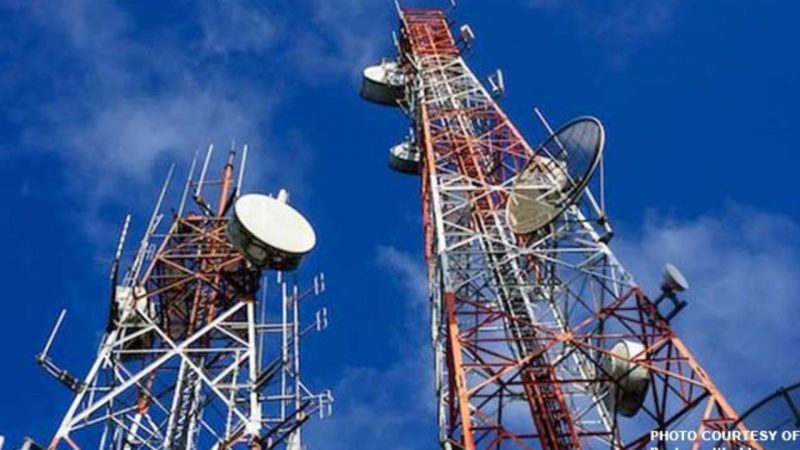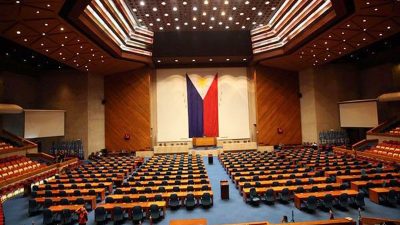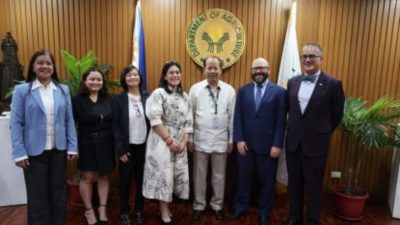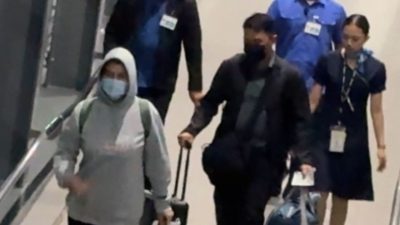Representative Jose “Joey” Salceda from Albay’s second district expressed gratitude to President Ferdinand “Bongbong” Marcos Jr. (PBBM) for the enactment of Executive Order No. 32, which streamlines the permit issuance process for telecommunications tower infrastructure and eliminates the need for city or municipal council resolutions to impose conditions.
Salceda acknowledged that this achievement by Marcos Jr. could be highlighted during the upcoming State of the Nation Address (SONA) delivered by the President. The executive order was signed on July 4, 2023.
As the chairman of the House of Representatives Ways and Means Committee, Salceda has been advocating for revisions to the Building Code that would mandate the inclusion of telecommunications infrastructure in condominiums, as well as important business and government buildings, requiring them to allocate space for telecommunications facilities.
He noted, “The expedited tower permitting policy has significantly improved internet speeds by 140% and reduced prices by up to 41% between 2020 and 2022. Rarely do we witness such positive policy outcomes. It is commendable that PBBM recognized the wisdom in reinstating it.”
According to Executive Order 32, telecommunications service providers will be granted automatic approval for their applications if submitted within the specified timeframe. Moreover, cities and municipalities are tasked with establishing one-stop shops for the issuance of permits related to telecommunications infrastructure development. A zero-backlog policy will also be implemented for applications involving government entities.
Salceda filed House Bill 8534, which stipulates that “buildings, structures, and property developments should be equipped with telecommunications and ICT infrastructure as mandatory basic requirements, adhering to the industry’s relevant technical specifications and the latest Philippine electronics codes.”
“Telecom services are now as essential as plumbing. The pandemic has made that abundantly clear, and the same applies to remote work arrangements,” emphasized the legislator.
He further highlighted the fact that Metro Manila alone boasts approximately 160,000 condominiums, housing around a million individuals, predominantly working-class families, students, and young professionals who have a heightened need for reliable and high-speed internet access.
“Without explicit mandates to ensure digital connectivity in such complexes, the ability of internet service providers and other telecommunications companies to serve their customers will be significantly impeded,” explained Salceda. “The Building Code, enacted in 1977, could not have foreseen this digital future. However, we are now living in that future, and our laws should empower us rather than confine us within the limitations of past generations’ imagination.” (ai/mnm)







